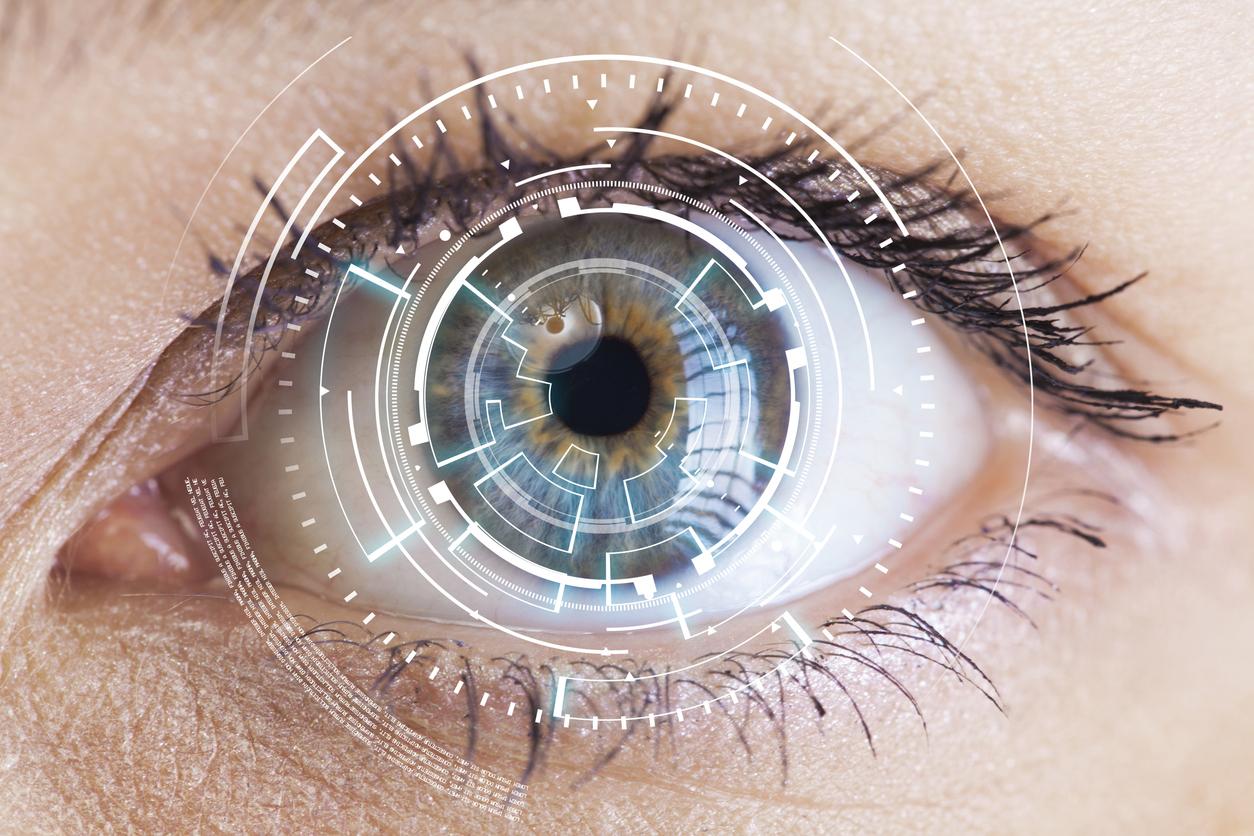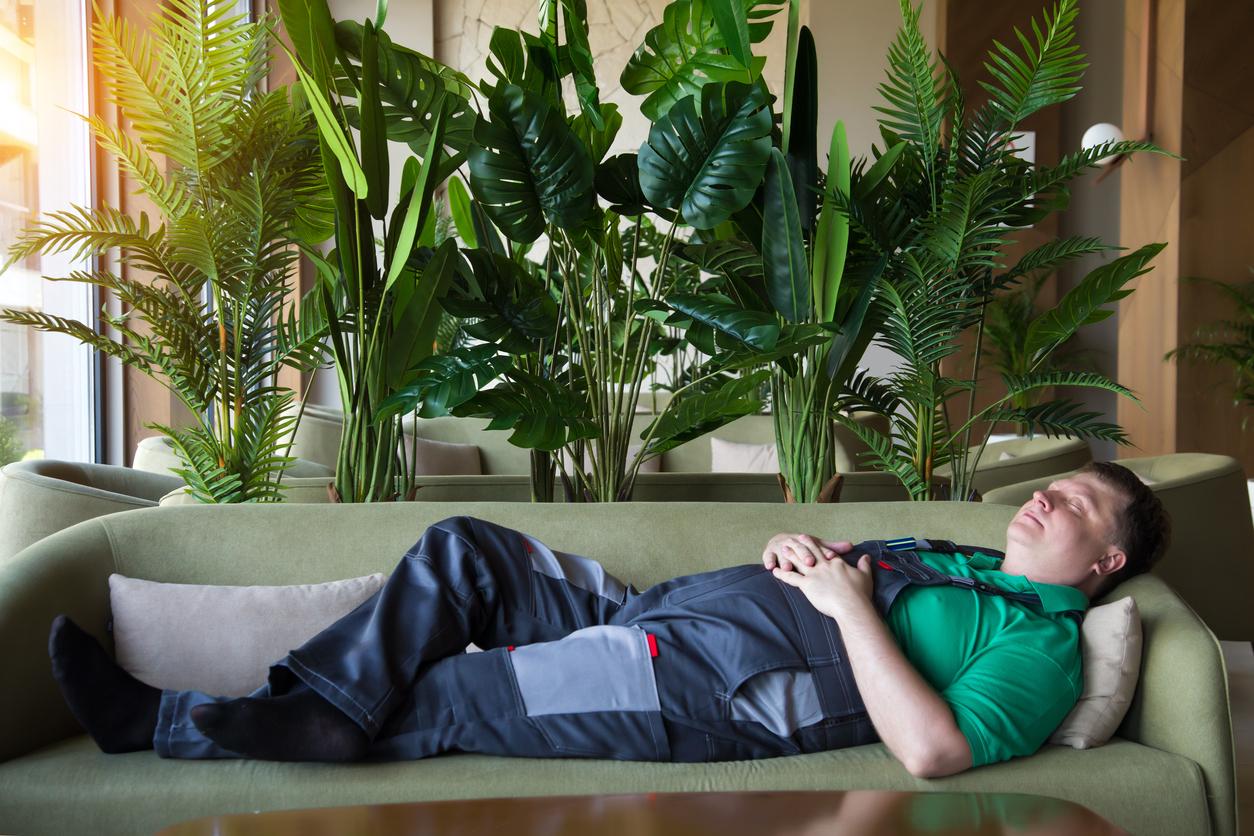Too much sleep, whether at night or during the day, is associated with an increased risk of cardiovascular disease, according to Chinese researchers.

Every year, 15 million people worldwide suffer a cardiovascular accident (CVA). Of these, six million die and five million survive with a disability. Among the identified risk factors: smoking, diabetes, hypertension or lack of sleep. However, according to a new study published on December 11 in the journal Neurologysleeping too much, at night or during the day, could also increase the risk of stroke.
To reach these conclusions, Dr. Xiaomin Zhang Zhang of Huazhong University of Science and Technology in Wuhan (China) and his team collected information from 31,750 people, with an average age of 62, living in China and no history of stroke or other serious health problems. They subjected them to questionnaires on their sleep habits and followed them clinically for an average of six years. Of the participants, 8% said they used to take naps that lasted more than 90 minutes and 24% said they slept at least nine hours a night.
During the study, 1,557 strokes were counted among the volunteers. After eliminating potential confounders like high blood pressure, diabetes, or smoking, researchers found that those who slept 9 or more hours a night were 23% more likely to have a stroke than those who typically slept only 7. at 8 o’clock. In addition, people who slept more than nine hours at night and more than 90 minutes a day had an 85% higher risk of stroke than those who slept well at night and took short naps during the day. Finally, the quality of sleep seems to matter since people who reported poor sleep were 29% more at risk.
Limits of the study
“These results underscore the importance of moderate nap and sleep duration and maintaining good quality sleep, especially in middle-aged adults and the elderly,” says Xiaomin Zhang.
However, the researchers recognize some limitations to their study. Indeed, the latter does not in any way prove a causal link. Moreover, it does not take into account disorders that may influence the results, such as sleep apnea for example. In the past, another Chinese study had notably shown that people suffering from this condition would be twice as likely to suffer a stroke and 80% more likely to develop heart disease.
Furthermore, self-reported data are not always 100% reliable and, finally, these results can only be applied to older and healthy Chinese adults and not to other populations.
Further research is needed
Thus, “further research is needed to understand how taking long naps and sleeping longer at night may be linked to an increased risk of stroke, but previous studies have shown that people who take long naps and heavy sleepers have adverse changes in their cholesterol levels and increased waist circumference, two risk factors for stroke, Dr. Zhang says. In addition, a long nap and a long sleep may suggest an inactive lifestyle, which is also linked to an increased risk of stroke.
In the past, some research had however made the link between lack of sleep and stroke. According to an American study published in 2012, carried out on 6000 adults of average weight, in good health, without symptoms of sleep apnea, history of stroke, those who slept less than six hours per night were more at risk. In particular because nights that were too short were often associated with a less healthy lifestyle (junk food, nervousness, etc.).
In conclusion, it would therefore seem reasonable to follow the recommendations of the health authorities in terms of sleep, which is to try to sleep seven to nine hours a night for adults. However, the National Sleep Foundation points out that young adults (18-24 years old) need longer nights and adolescents (13-18 years old) even more. Because the length of rest required varies greatly from one individual to another. Thus, everyone must determine their sleep needs according to their own reactions to the lengthening or reduction of their rest time.

.















